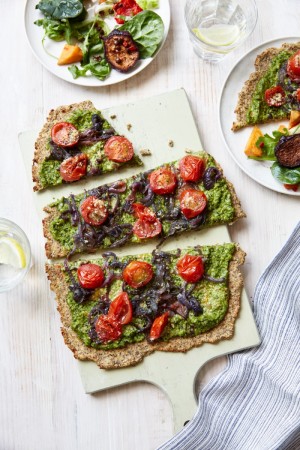Trying Veganuary? Top tips to keep it healthy.
If you’re ditching the meat and dairy, here’s what you need to know to keep it healthy.
One of the reasons why I wrote Go Lean Vegan was to provide evidence based nutritional advice for anyone following a vegan diet. The book contains a fabulous diet programme to follow with an array of delicious, nourishing vegan recipes to keep you healthy.
With many celebrities like Beyonce, Ellen DeGeneres, Miley Cyrus and Liam Hemsworth leading the way, following a vegan diet is now becoming mainstream. January is often a time people consider dietary changes and with Veganuary becoming more and more popular this is a perfect time to embrace a more plant based diet. But before you ditch the meat-eggs-and-dairy, you need to be aware of the common pitfalls and how to keep it healthy. In my new book Go Lean Vegan I outline the key nutritional considerations to help you follow a healthy plant-based, gluten free diet.
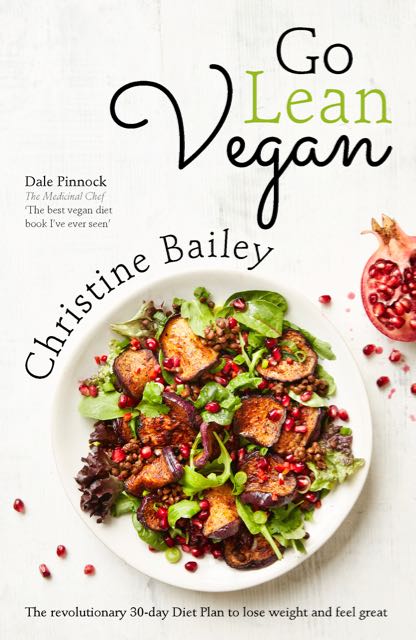
Go Lean Vegan is designed to help you look and feel fabulous AND lose weight. It includes a step-by-step 30-day plan to follow together with nutritious, satisfying plant based recipes and foods with a greater emphasis on getting sufficient protein and healthy fats in your diet. While it’s a weight loss plan, it’s also perfect for anyone wishing to adopt a plant based diet – it is suitable for families and includes a wealth of nourishing recipes together with nutritional information to ensure the diet is healthy.
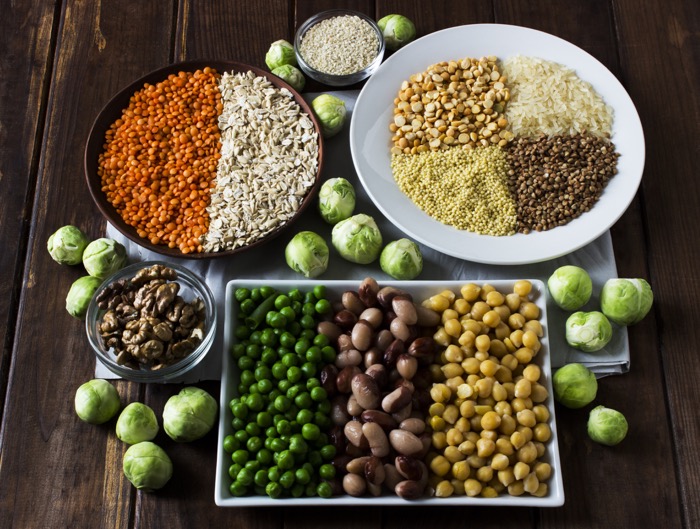
Pack in the Protein
One of the biggest concerns with following a vegan diet is obtaining sufficient protein. This is particularly important for weight loss as it helps support muscle mass, metabolism, balances blood sugar and keeps you feeling fuller through the day. Many vegan diets are actually low in protein and high in carbohydrates – not ideal for weight loss or maintaining healthy muscle mass. One of the problems with many vegan protein foods is that they are not so readily digested compared to animal products and it can be more difficult to obtain the right balance of the essential amino acids. In the book I include tables of the best plant protein sources together with recommended serving sizes. One amino acid that can be low is Lysine – pea protein is actually a good source of lysine so a popular protein supplement among vegans. If you are active then protein powders can be helpful. You may also benefit from supplementing with branched chain amino acids, and / or creatine too.

You will need to include Supplements
A vegan diet just like other diets can be low in certain nutrients. In particular vitamin B12, vitamin D, iodine, iron, calcium and DHA, (a long-chain omega-3 fat). Supplements/fortified foods are the only way to get vitamin B12 and DHA. If you don’t get adequate sun exposure to make vitamin D and are not including sea vegetables which are rich in iodine it is likely you will also need supplements of these nutrients, too.
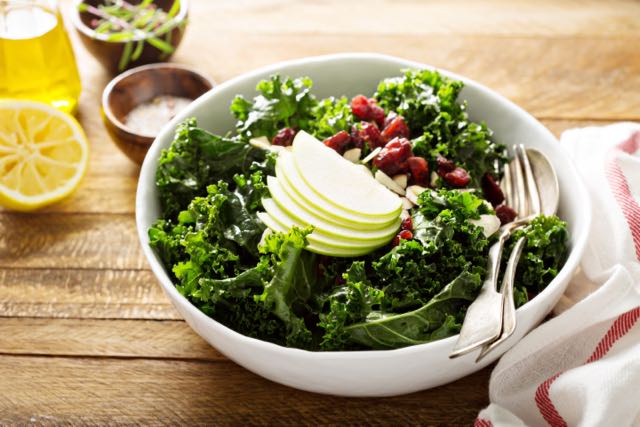
Get in your greens
Leafy green vegetables, especially kale, collards and turnip greens but not spinach (calcium is unabsorbable due to oxalate content) are very good sources of calcium. They also contain other bone supporting nutrients including magnesium and vitamin K. To ensure you are not lacking in calcium include 2-3 cupfuls of leafy greens daily. Other plant-based sources of calcium include tahini, sesame seeds, tempeh, soybeans, calcium-set tofu, corn tortillas and fortified non-dairy milks.
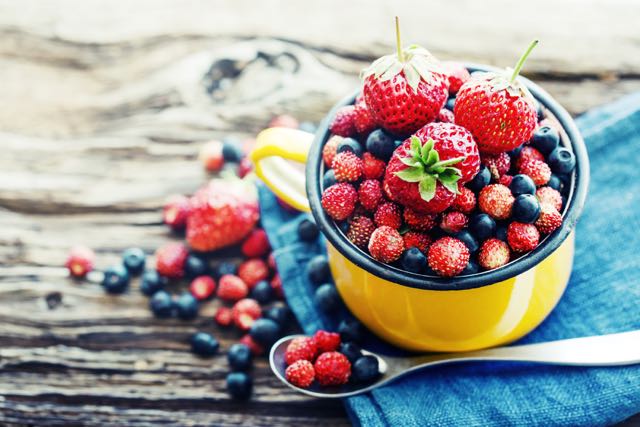
Enhance iron absorption
Iron deficiency anemia is common among people eating all different types of diets. Haeme iron, found in the flesh of animals, is better absorbed than non-haeme, plant-based iron. So you need to include plant foods such as legumes, whole grains, leafy vegetables which are good sources of iron. Increase the absorption by eating vitamin C containing foods at the same meal (such as citrus fruits, mango, kiwi, red peppers, berries etc).
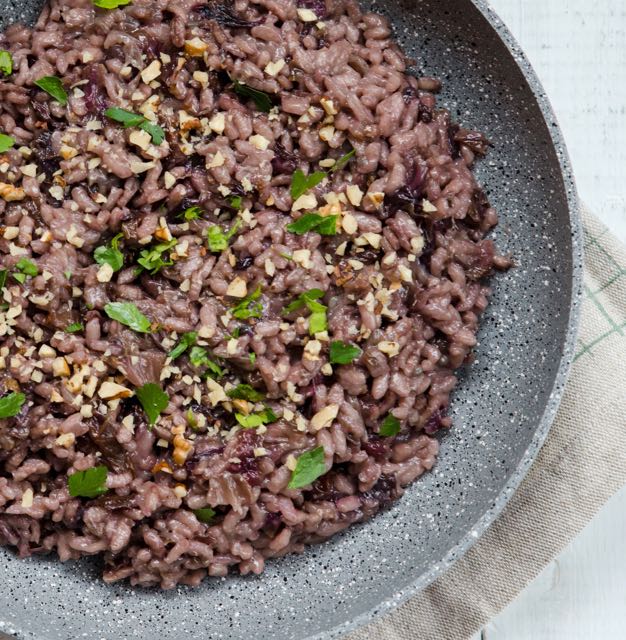
Opt for slow carbs.
With vegan diets there can be a temptation to fill up on starches like pasta, rice and breads but these will play havoc with blood sugar levels and may contribute to weight gain. Focus on slower releasing carbs – for example choose sweet potatoes over white, try red rice, quinoa, teff or starchy vegetables like carrots, beetroot and parsnips.
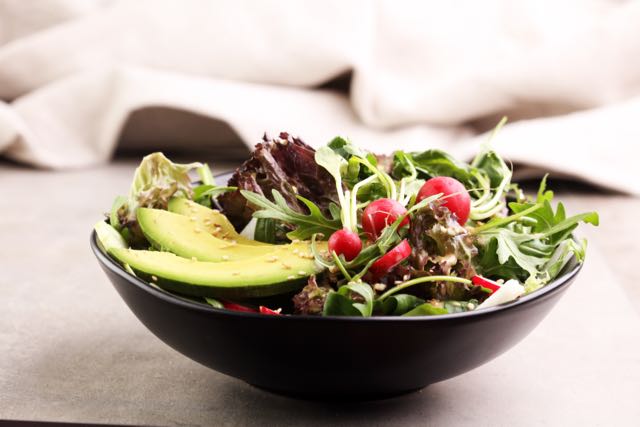
Get in the Fats
Essential fatty acids particularly Omega-3 fats can be low in vegan diets. To ensure you don’t miss out include a daily serving of foods high in Omega-3 like flax seeds, hemp seeds, chia seeds or walnuts. Another option is to use omega 3 rich oils which can be drizzled over vegetables and salads or added to dips and spreads. Just don’t cook with them as they are vulnerable to high temperatures. For cooking use coconut oil or olive oil and include avocado, olives, nuts and seeds regularly for healthy monounsaturated fats too.
Whether you follow a vegan diet or not – we could all benefit from including more plant based food. If you are looking to go vegan, adopt a more plant based diet or already committed to an animal free diet and looking for a no nonsense nutritional programme grab your copy of GO LEAN VEGAN.

